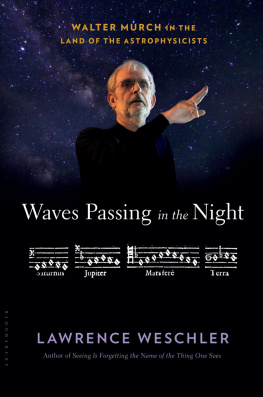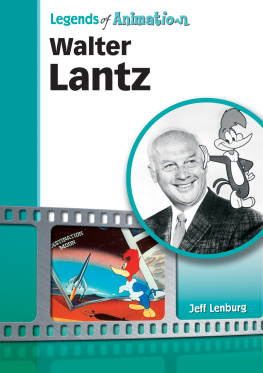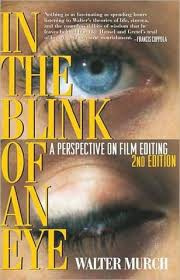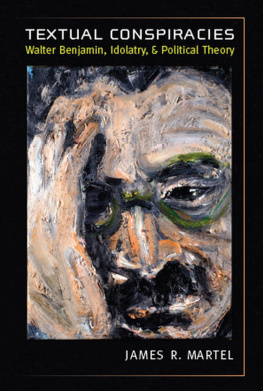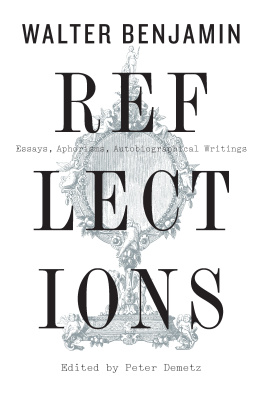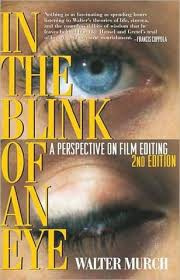BY THE SAME AUTHOR
Seeing Is Forgetting the Name of the Thing One Sees:
A Life of Contemporary Artist Robert Irwin
The Passion of Poland:
From Solidarity through the State of War
Shapinskys Karma, Boggss Bills, And Other True-Life Tales
A Miracle, A Universe:
Settling Accounts with Torturers
Mr. Wilsons Cabinet of Wonder
Calamities of Exile:
Three Nonfiction Novellas
A Wanderer in the Perfect City:
Selected Passion Pieces
Boggs:
A Comedy of Values
Robert Irwin:
Getty Garden
Vermeer in Bosnia:
Selected Writings
Everything That Rises:
A Book of Convergences
Seeing Is Forgetting the Name of the Thing One Sees (Expanded Edition):
Over Thirty Years of Conversations with Robert Irwin
True to Life:
Twenty-Five Years of Conversations with David Hockney
Uncanny Valley:
Adventures in the Narrative
Domestic Scenes:
The Art of Ramiro Gomez

Bloomsbury USA
An imprint of Bloomsbury Publishing Plc
| 1385 Broadway | 50 Bedford Square |
| New York | London |
| NY 10018 | WC1B 3DP |
| USA | UK |
www.bloomsbury.com
This electronic edition published in 2017 by Bloomsbury Publishing Plc
BLOOMSBURY and the Diana logo are trademarks of Bloomsbury Publishing Plc
First published 2017
Lawrence Weschler 2017
All rights reserved
You may not copy, distribute, transmit, reproduce or otherwise make available this publication (or any part of it) in any form, or by any means (including without limitation electronic, digital, optical, mechanical, photocopying, printing, recording or otherwise), without the prior written permission of the publisher. Any person who does any unauthorised act in relation to this publication may be liable to criminal prosecution and civil claims for damages.
No responsibility for loss caused to any individual or organization acting on or refraining from action as a result of the material in this publication can be accepted by Bloomsbury or the author.
ISBN: 978-1-63286-718-6 (HB)
ISBN: 978-1-63286-720-9 (eBook)
Library of Congress Cataloging-in-Publication Data is available.
To find out more about our authors and their books please visit www.bloomsbury.com where you will find extracts, author interviews and details of forthcoming events, and to be the first to hear about latest releases and special offers, sign up for our newsletters.
Bloomsbury books may be purchased for business or promotional use. For information on bulk purchases please contact Macmillan Corporate and Premium Sales Department at
For Niwaeli
Our daughters surprise midstlife twin, newest member of the family
CONTENTS


Walter Murch astride the Greenwich Meridian, 2016
OVERTURE

FOR MORE THAN twenty years now, when he hasnt been doing anything else, Walter Murch has been tightening the bolts on his theory of gravitational astro-acoustics and refining the ever-more-accomplished PowerPoint across which he occasionally presents it before one august (albeit initially often quite dubious) audience or another. When doing anything else, more often than not he has simply been being Walter Murch, which is to say, at age seventy-three, arguably the most celebrated and admired film and sound editor in the world (nominated for nine Academy Awards and the winner of three; veteran of such classics as THX 1138, the Godfather films, The Conversation, Apocalypse Now, The Unbearable Lightness of Being, The English Patient, Cold Mountain, and, most recently, the Large Hadron Collider documentary Particle Fever). If he turns out to be right about that cockamamie theory of his, however, he may yet find himself in the running for a prize altogether grander than any Oscar.
But thats a big ifor rather, a big double-if. To begin with, whether he is in fact right about his theory, but even more immediately pressing, whether he can get anyone in the close-knit and largely closed-in community of professional astrophysicists even to give him, a rank outsider, and his unorthodox theory the time of day. Recently, however, there has been a slight if potentially momentous chink in the wholesale rejection of the kind of thinking Murch is advancing from within that very astrophysical community (of which more anon), such that the game at long last may actually be afoot.
PART ONE

Distant Music
MURCH LAUNCHES THE most recent iteration of his PowerPoint lecture (actually, these days he uses Keynote, though I myself have been hearing versions of this lecture for a good dozen years now, whenever I happened to be engaging Murch on a wide variety of other topics) by noting how there was a time, not that long ago, when the sort of thinking he is engaging in here (far from outlandish) was the very epitome of orthodox. From Pythagorean antiquity through the Middle Ages and well into the Renaissance, all learned gentlemen (and they were all mainly gentlemen) were steeped in the fourfold classical curriculum known as the quadrivium, which is to say, arithmetic (pure number), geometry (number in space), music (number in time), and astronomy (number in space and time).

The quadrivium: the font of classical learning
From there, Murch goes on to project Galileos iconic dashed drawing of 1610, documenting the latters famous telescopic sighting of Jupiter with its four moons (all named after the Olympian gods human lovers: Io, Europa, Ganymede, and Callisto).

Galileos drawing of Jupiter and its moons, 1610
Murch then jumps to a deep-space telescopic image, from 2008, of a star identified as HR8799 (129 light years away, sixty million years old) with three of its planets (labeled b, c, and d, orbiting 68, 38, and 24 astronomical units distant, respectively, from the star itself). (An astronomical unit, or AU, is the distance of the Earth from our sun, such that in the HR8799 system, the planet c is as far from its sun as Pluto is from ours: HR8799s is a very large system indeed, one of the main reasons we may even have been able to spot it at all.)

